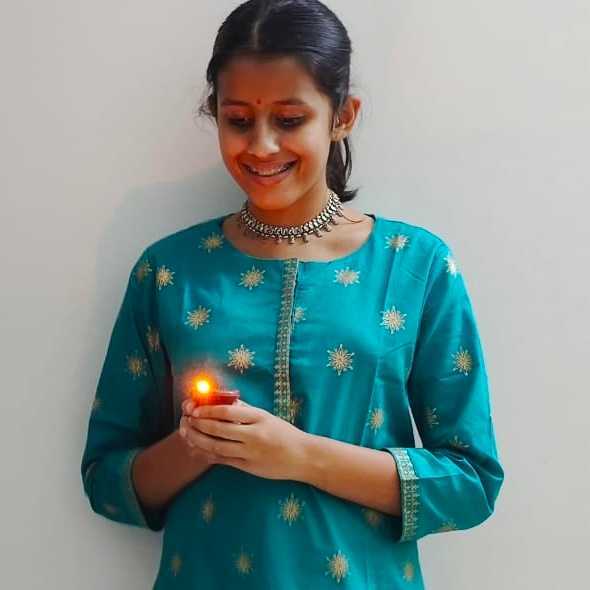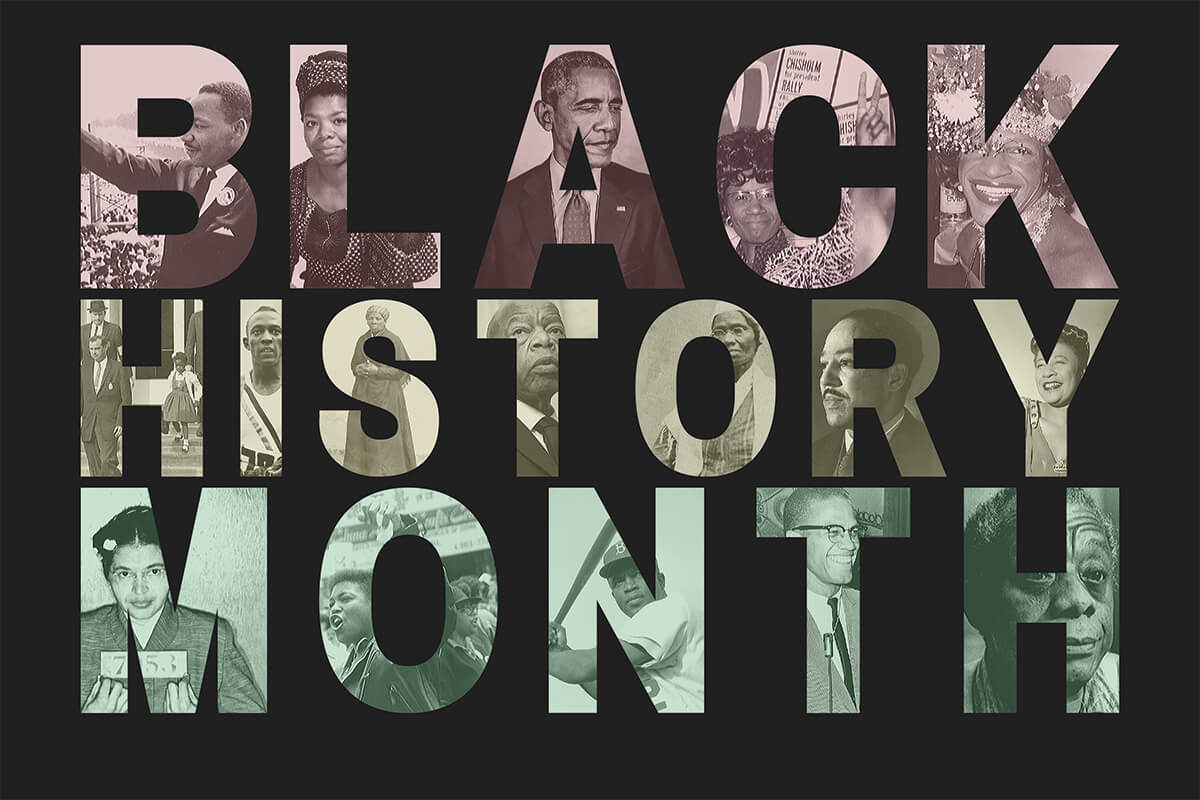Each year, a number of countries dedicate a month to the recognition and celebration of the contribution made to our society by the African diaspora. Black History Month is observed and celebrated in the month of February in the United States and Canada.
Initially, Black History Month was a means of educating young people about the contribution of Blacks and African-Americans in every field - such as science, sports, and literature. Such accounts had been largely forgotten and were a neglected part of the national narrative. Even now, Black History Month endeavours to showcase Black achievement and recognise the immense contribution made by Black Americans, while also aiming to combat systemic racism.
Origins
Noted historian Carter G. Woodson compiled the overlooked achievements of African Americans in 1916 in the Journal of Negro History. Woodson believed it was essential for young African Americans to understand and be proud of their heritage. He reached out to his fraternity, Omega Psi Phi, to promote his findings to a larger audience. His fraternity responded by creating “Negro Achievement Week.” Two years later, the second week of February was officially declared “Negro History Week” by Woodson and other prominent African Americans through a press release.
Carter G. Woodson
February was chosen by Woodson for the week-long observance as it coincided with the birth months of both former US President Abraham Lincoln and social reformer Frederick Douglass, who were instrumental in combating institutional racism.
By the end of the 1960s, Negro History Week had come to be celebrated by mayors across the country, partly because of the civil rights movement and a growing sense of Black identity. Eventually, the event evolved into Black History Month. However, it was not until 1976 that Black History Month became officially recognised by the government. President Gerald Ford called upon the public to “seize the opportunity to honor the too-often neglected accomplishments of Black Americans in every area of endeavor throughout our history.”
2021 Theme- The Black Family: Representation, Identity, and Diversity
Since 1976, every American president has officially designated February as Black History Month and endorsed a specific theme. The current President, Joe Biden, officially proclaimed February 2021 as National Black History Month in a statement released by the White House. He called upon public officials, educators, librarians, and all the people of the United States to observe the month with appropriate programs, ceremonies, and activities.
The Association for the Study of African American Life and History (ASALH), organized the Virtual Black History Month Festival all through February 2021. The Festival featured music from the Black Experience performed by choirs from Historically Black Colleges and Universities (HBCUs) and an interview with Henry Louis Gates Jr., among many other events.
The Department of Energy released an article honouring the African Americans who made a significant contribution to the fields of energy and science, including Dr. Lonnie Johnson, Brooke Russell, and Former Secretary of Energy Hazel O’Leary.
Several other colleges, universities and business organizations have also commemorated the month through virtual events, offering Black history themed lectures, plays, educational videos, and quizzes.
In conclusion, Black History Month is a reminder to all of us to continue Carter G. Woodson’s resolution — to honor the contributions of African Americans to the world, to overcome a legacy of oppression and racism, and to further racial harmony among us all.

